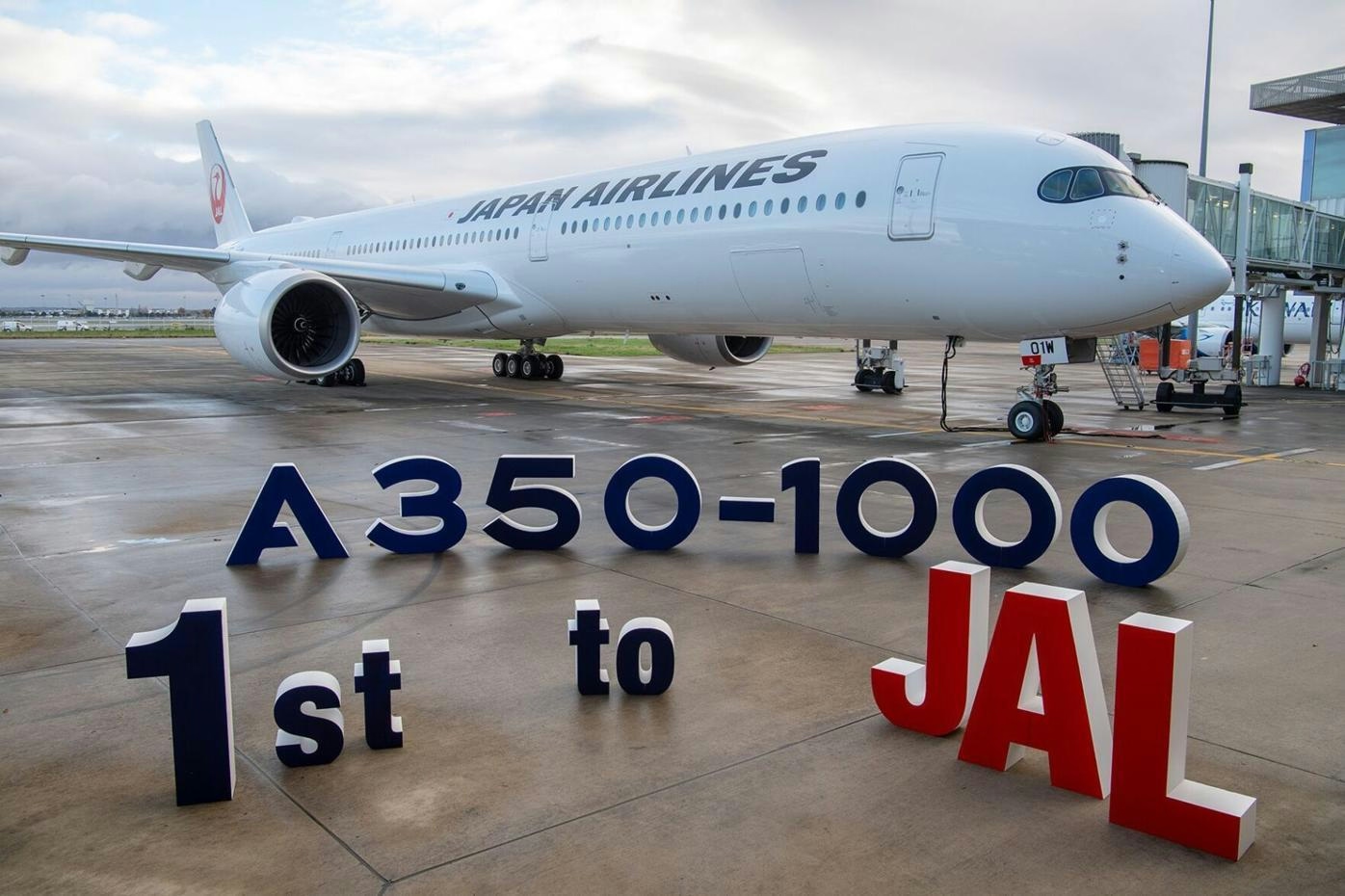AeroGenie — Seu Copiloto Inteligente.
Tendências
Categories
Japan Airlines Announces Fleet Expansion and Service Enhancements

Japan Airlines Announces Fleet Expansion and Service Enhancements
Japan Airlines (JAL) has revealed a comprehensive strategy to expand its fleet and enhance passenger services, aiming to reinforce its standing in both international and domestic aviation markets. The airline plans to invest in a combination of advanced widebody aircraft—including the Airbus A350 and Boeing 787—alongside efficient narrowbody and regional jets. This approach is intended to increase capacity on high-demand international routes while preserving operational flexibility across its network.
JAL’s fleet transformation is also focused on elevating the passenger experience through the integration of cutting-edge technology and improved onboard comfort. Currently, the airline operates a diverse fleet of 201 aircraft, supplemented by 51 wet-leased planes and 84 additional aircraft on order, according to the latest figures from ch-aviation. This expansion is designed to meet rising travel demand and secure JAL’s position at the forefront of global aviation.
Fleet Overview
The narrowbody segment of JAL’s fleet is anchored by 46 Boeing 737-800 aircraft, which have an average age of 15.3 years—somewhat older than the airline’s overall fleet average of 10.6 years. Four of these aircraft are leased from Japan Transocean Air and Spring Airlines Japan. Configured in two-class layouts, the 737-800s primarily serve domestic routes and select regional international destinations, valued for their operational efficiency and reliability.
In the widebody category, JAL operates a mix of Airbus and Boeing models. The airline’s Airbus A350 fleet includes 10 A350-1000s with an average age of 1.4 years and 16 A350-900s averaging 4.8 years. These aircraft are central to JAL’s long-haul strategy, offering advanced technology and fuel efficiency. Despite the loss of one A350-900 in a runway incident in Tokyo in January 2024, JAL remains committed to expanding this fleet segment.
The Boeing 787 Dreamliner also plays a pivotal role, with 23 787-8s and 22 787-9s in service. JAL’s distinctive 2-4-2 seating configuration on these aircraft provides passengers with greater personal space compared to the industry-standard 3-3-3 layout. Additionally, the airline operates 27 Boeing 767-300ERs—including three dedicated freighters—and 10 Boeing 777-300ERs, supporting both passenger and cargo operations on long-haul routes. Looking ahead, JAL has placed orders for 10 more 787s and 25 additional A350s to further modernize its fleet.
Navigating a Competitive Landscape
JAL’s fleet expansion and service enhancements come amid a highly competitive environment. Rival Asian carriers such as All Nippon Airways and AirAsia are also pursuing fleet upgrades and service improvements, intensifying competition in the region. Furthermore, regulatory challenges and evolving consumer preferences present additional hurdles that JAL must navigate to ensure its offerings align with passenger expectations.
Market response to JAL’s strategy has been cautiously optimistic, with investors recognizing the potential strategic benefits of the expansion. However, the airline’s ability to sustain its competitive advantage will depend on its agility in adapting to industry shifts and its success in delivering an enhanced travel experience.
As Japan Airlines advances its fleet renewal and service initiatives, its future performance will be closely tied to how effectively it manages the complexities of a dynamic aviation market while maintaining the high standards demanded by global travelers.

Emirates Unveils Cabin Design for New Boeing 777X

Eighteen Years On, the Airbus A380 Remains Central to a $34 Billion Airline

How a boom in luxury airline seats is slowing down jet deliveries

Navitaire Outage Attributed to Planned Maintenance

DigiYatra Debuts Outside Aviation at India AI Impact Summit

Vietnam Orders Strengthen Boeing’s Commercial Outlook

Airbus Signals Uncertainty Over Future A400M Orders

JobsOhio Awards $2 Million Grant to Hartzell Propeller for Innovation Center

Collins Aerospace Tests Sidekick Autonomy Software on YFQ-42A for U.S. Air Force CCA Program

How the Airbus A350-1000 Compares to the Boeing 777
